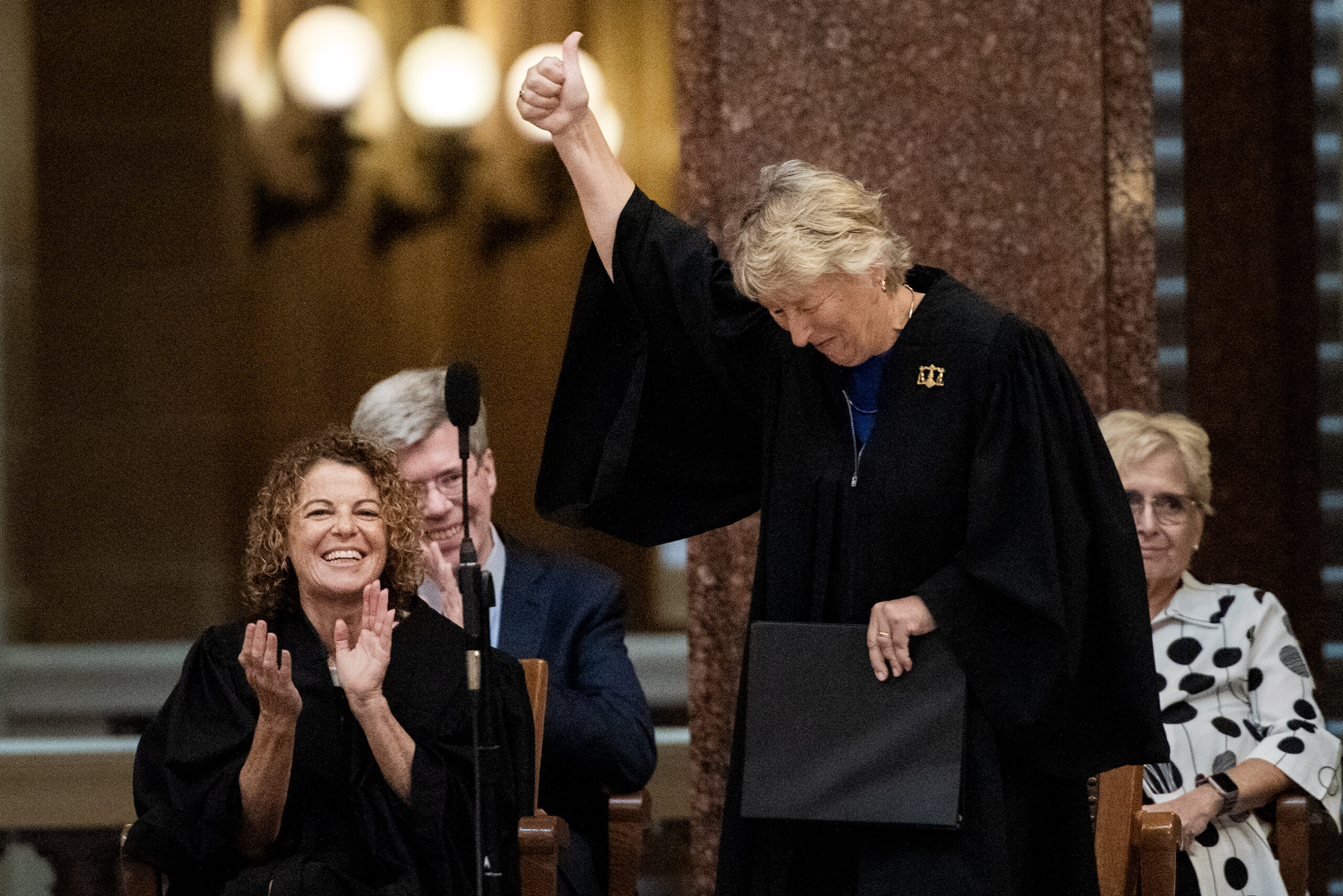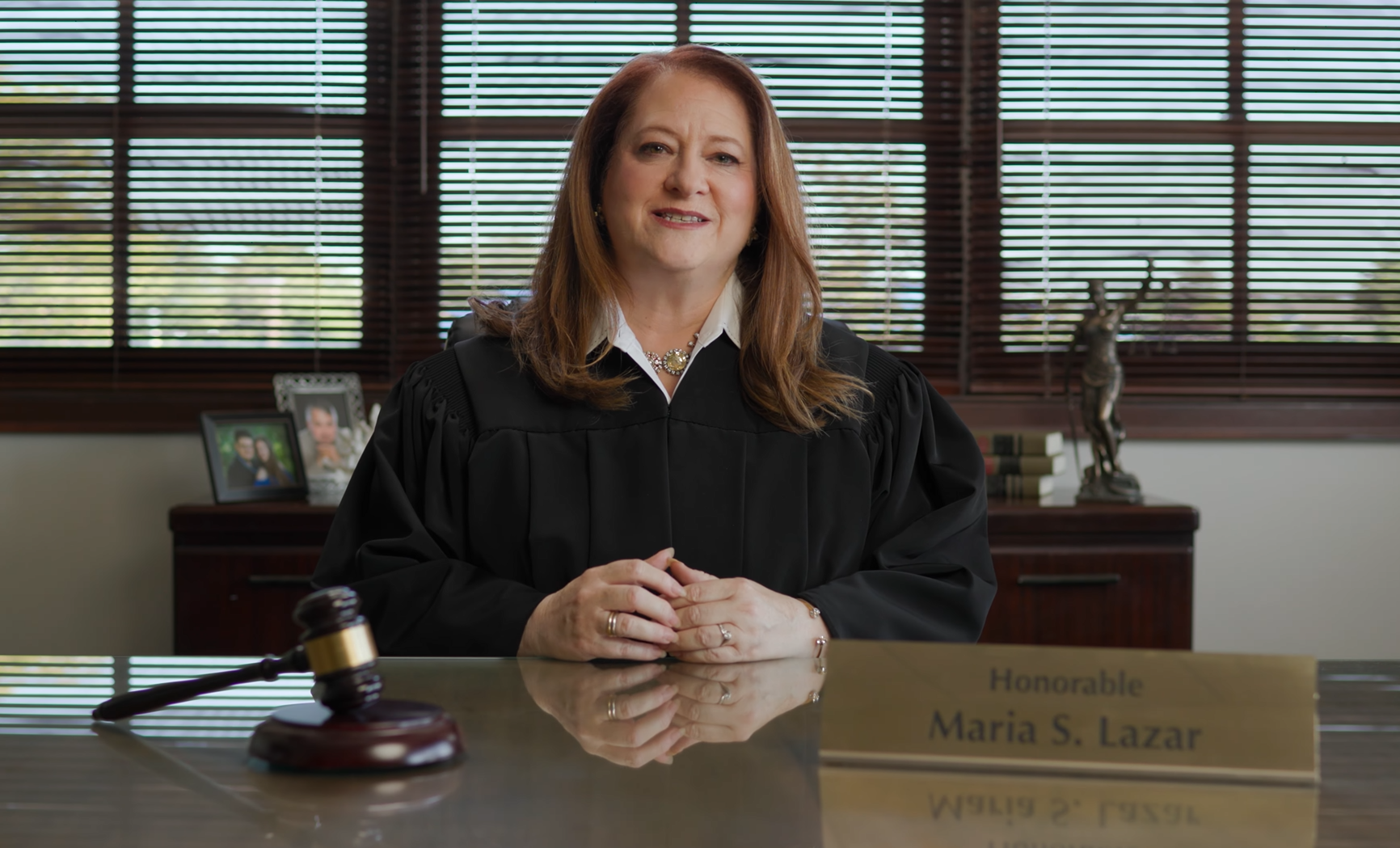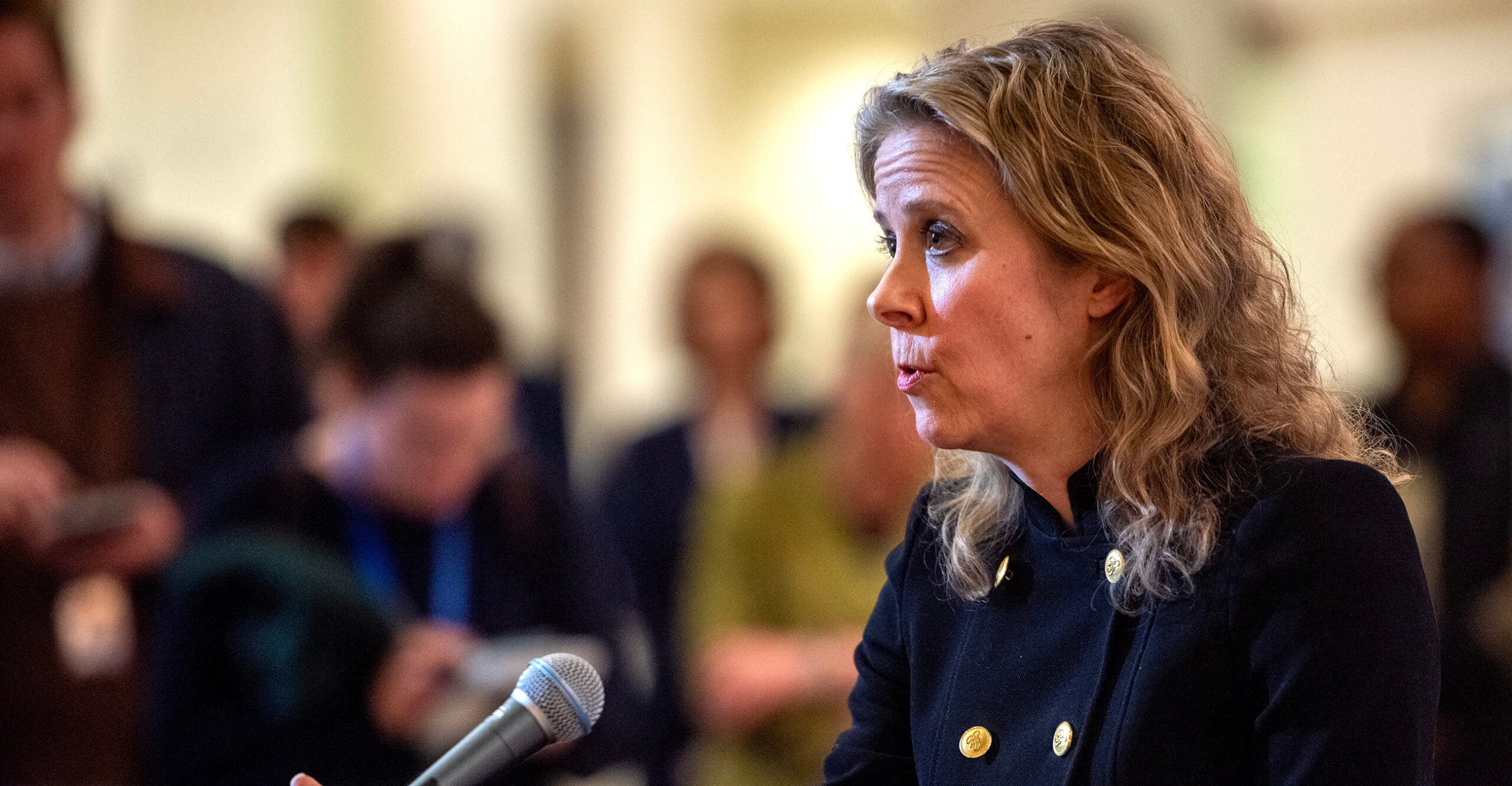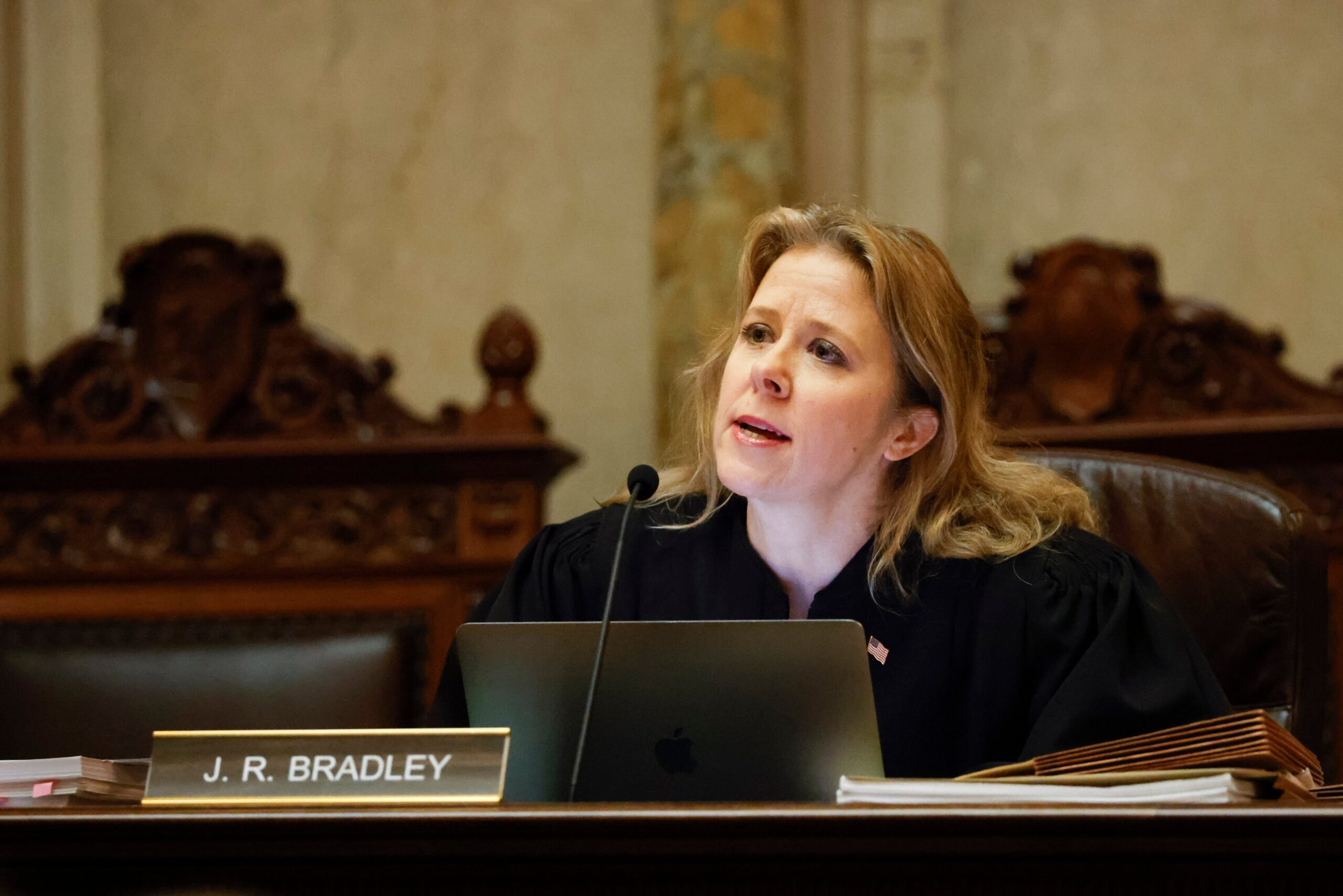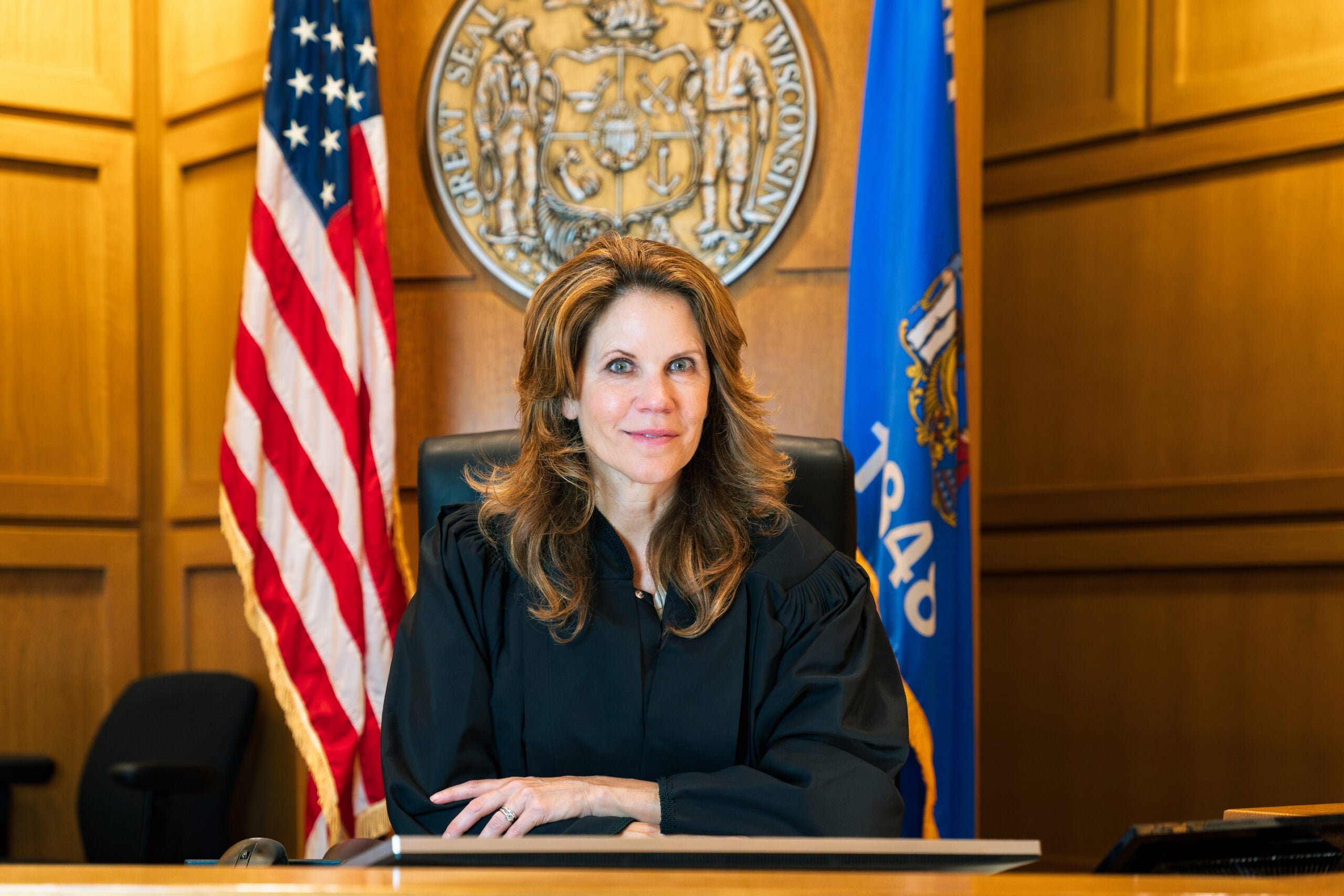Wisconsin Supreme Court Justice Ann Walsh Bradley announced Thursday she won’t run for reelection in 2025, a decision that could make it harder for liberals to defend the 4-3 majority they won just a year ago.
Bradley, 73, has served on the state’s highest court since 1995 and has been reelected twice during that time. In a statement, Bradley said while her time as justice will end in July 2025, “my dedication to public service remains unwavering.”
“I know I can win re-election, should I run,” Bradley said. “But, it’s just time to pass the torch, bringing fresh perspectives to the court. Upon completion of my third term, I look forward to embarking upon a new chapter in my life, which will include public service that is guided by the same principles of justice, fairness and dedication that have defined my tenure on the court.”
News with a little more humanity
WPR’s “Wisconsin Today” newsletter keeps you connected to the state you love without feeling overwhelmed. No paywall. No agenda. No corporate filter.
Bradley’s announcement comes as a surprise. A year ago, she had indicated that she would run again after Justice Janet Protaziewicz, a fellow liberal, won an open seat on the court. That election gave liberals a majority on the court for the first time in 15 years.
In a statement, Democratic Gov. Tony Evers lauded Bradley as a “trailblazer who has always been dedicated to supporting women in the law and on the bench across Wisconsin.”
“Justice Bradley’s decades of law experience and institutional knowledge as the most tenured justice currently serving on the Court have been critical in steadily guiding the Court through significant changes and challenging times, most especially over the last decade,” Evers said. ” She will leave an important role to fill to ensure our Court maintains the integrity and honor Justice Bradley has spent much of her career working to protect and preserve.”
Former Supreme Court Justice Janine Geske told WPR she has mixed feelings about Bradley’s departure and said the court will miss the experience she brings.
“But on the other hand, I’m excited for her,” Geske said. “I think it gives her a new opportunity to do public service in new ways, and she’s very involved doing work with women judges around the world.”
Brad Schimel already in race, Chris Taylor and Susan Crawford considering
While the next Supreme Court election won’t be for another year, former Republican Attorney General and Waukesha County Judge Brad Schimel has been campaigning since November. At his campaign launch in Waukesha, he told supporters his goal is to restore integrity and accountability on the court and urged conservatives to unify behind him.
In a statement, Schimel wished Bradley well in retirement, but noted he isn’t running against “one person.”
“I’m running against this Court’s leftist majority,” Schimel said.
Shortly after Bradley’s announcement, Wisconsin Appeals Court Judge Chris Taylor, a former Democratic state lawmaker and lobbyist for Planned Parenthood of Wisconsin, said she’s considering running for the seat. Last year, she was elected to an open seat on the District IV Court of Appeals.
In an interview with WPR, Taylor said those experiences give her a “really unique perspective and a breadth of experience to bring to the role” of state Supreme Court Justice. She referred to the U.S. Supreme Court overturning Roe v. Wade federal abortion protections in 2022 as part of an effort to “roll back people’s rights” that is “concerning and alarming to people.”
“And they want somebody up there who understands people, who understands that the law is about them,” Taylor said. “It really is about their lives — about making sure they have an opportunity to be heard, about making sure they have access to justice, to make sure that someone’s gonna protect their rights when they feel like their rights are really under siege.”
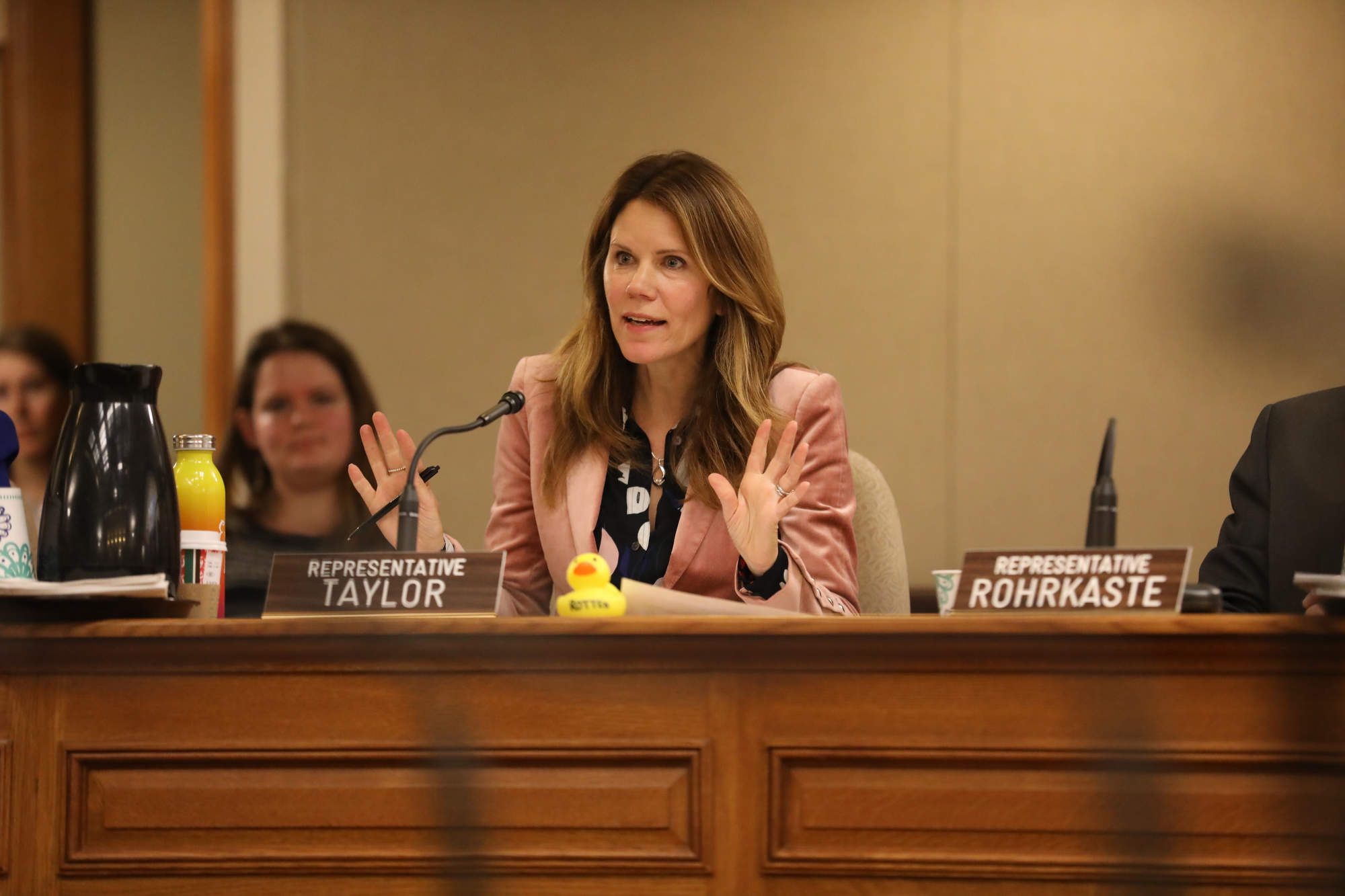
Dane County Circuit Court Judge Susan Crawford said in a written statement she’s being encouraged to run for Supreme Court but is currently focused on “appreciating the long service” of Bradley’s service to Wisconsin. Crawford served as chief legal counsel to former Democratic Gov. Jim Doyle and has worked with the liberal law firm Pines Bach in Madison.
“I appreciate the encouragement I’m receiving to consider running for the Supreme Court, and will have more to say about that in the coming weeks,” Crawford said.
Wisconsin Appeals Judge Pedro Colon, another former Democratic state lawmaker, told WisPolitics he’s also considering the race.
Stakes high in next court race
The stakes are high in the 2025 Supreme Court race. After liberals regained control in August, they struck down Republican-drawn voting maps that have helped the GOP grow outsized majorities in the state Assembly and Senate since 2011.
The liberal majority has also taken up a lawsuit filed by Democratic Gov. Tony Evers arguing Republicans have assumed too much power in the Legislature by blocking funding for things like state colleges and conservation projects.
And the court is being asked to weigh in on a case that could determine once and for all whether a pre-Civil War Wisconsin law bans abortions in the state.
University of Wisconsin-Madison Political Science Professor Barry Burden said Bradley’s exit from the race is likely to set up “another massively expensive, intense campaign” for the soon-to-be vacant Supreme Court seat.
A WisPolitics analysis of spending in last year’s race between Justice Protasiewicz and former Justice Dan Kelly found more than $50 million was spent on their campaigns, shattering state records.
Burden said while the Republican and Democratic parties would prefer not to have contested primary races, “there are ambitious candidates on both sides,” which could make for a large field. He said state Supreme Court races used to be sleepy affairs, but those days are gone.
“There’s just so much policy importance decided there that the two parties can’t really let a race go without trying to take control,” Burden said. “So, I would expect partisanship and heavy spending to just be a regularity in Supreme Court elections from now on.”
Wisconsin Public Radio, © Copyright 2025, Board of Regents of the University of Wisconsin System and Wisconsin Educational Communications Board.

